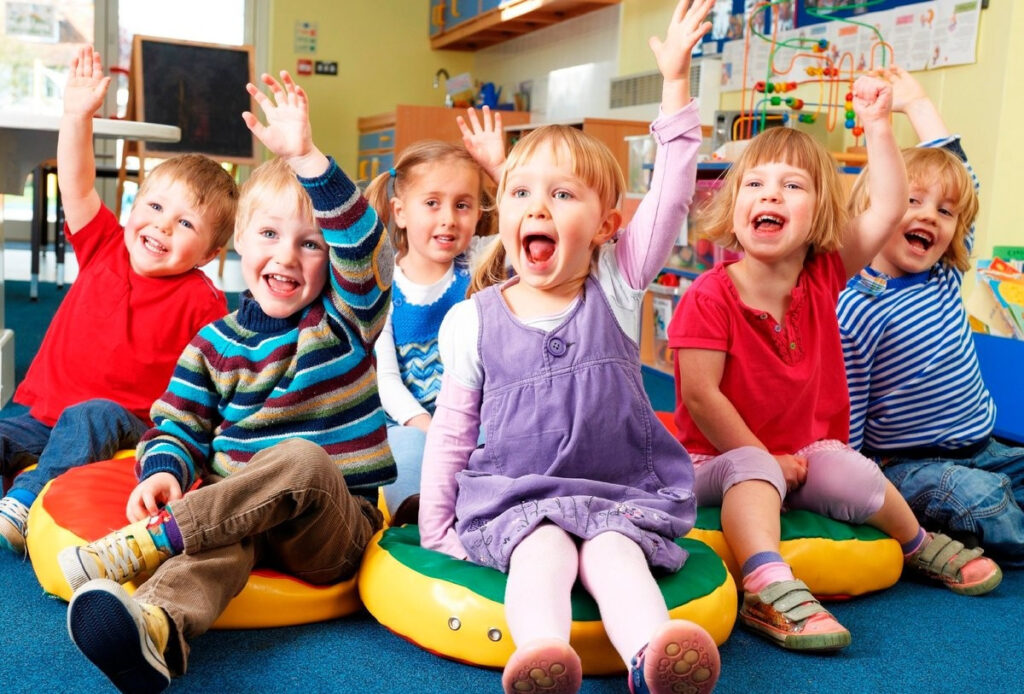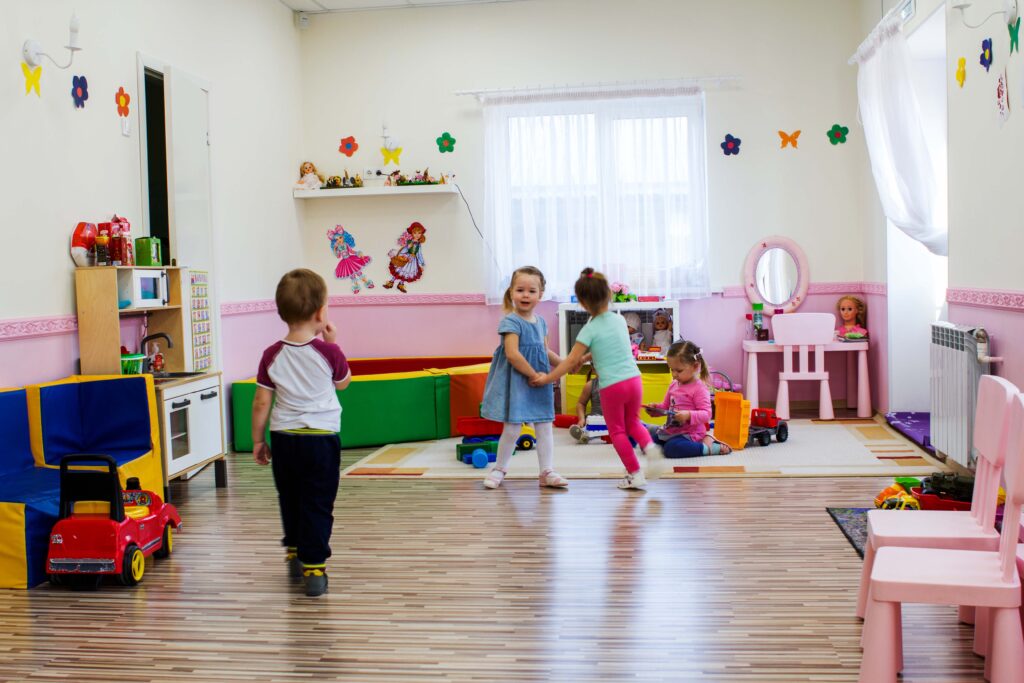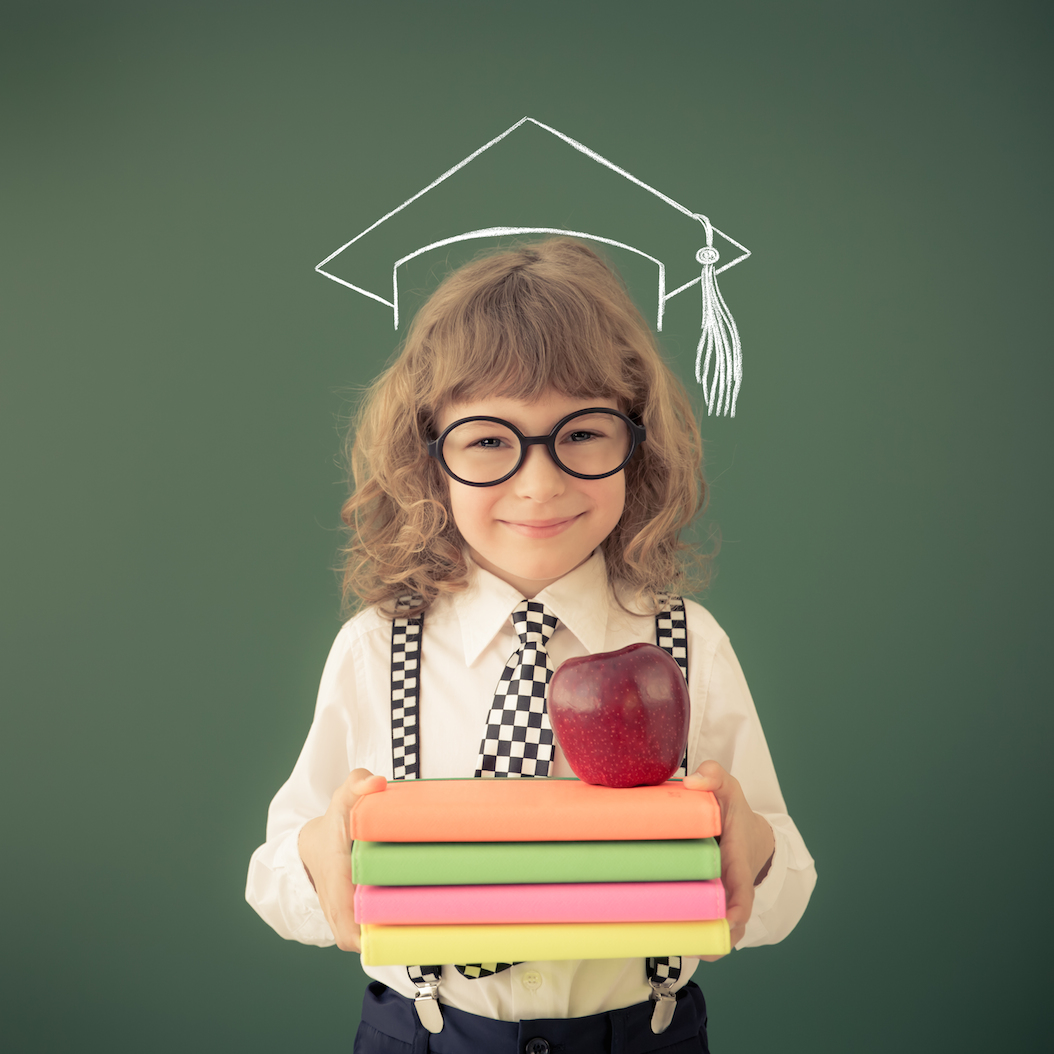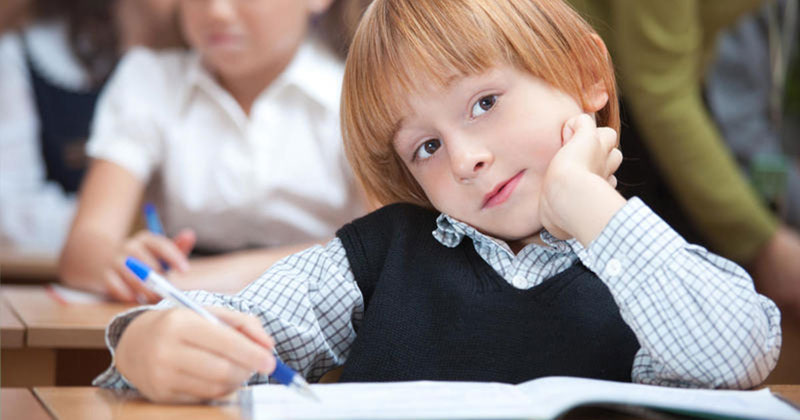While all children develop at different rates, there are some general skills that can help you determine how prepared your child is for kindergarten. Do not worry if your child is not able to do everything on the list. Your child has a lot of time to practice and learn these skills.
Taking care of yourself
Using the bathroom on their own
Maybe get dressed in the morning.
Can be equipped with a button and/or a mailbox
Knows how to wash his hands < Language and communication
Communication is a big part of kindergarten. Knowing your needs, interacting with friends and teachers, and asking and answering questions are all skills that a pre-K student should have achieved.
Knows and can say his or her first and last name.
Speaks in a way that’s understandable to strangers.
Uses full sentences from five to six words.
Expresses disappointment or anger with words
It can follow 2 to 3 step directions
Understands positional words (i.e. bottom, back, top, next to each other).
He understands the questions and answers them.
Social / Emotional
Social interaction is at the center of the kindergarten. Communication with others, sharing, social background and independence are a huge part of participation in the learning community.
In general, it is separated from the guardian easily or without undue stress. Very imortant list of sight words for kindergarteners.

Exploring new things and wants to take some risks.
starts to play and share with other children without the need for constant supervision.
turn
Focuses on adult directed activity for five minutes or longer
Admits that other people have feelings…
Consistent with other people’s feelings
Slim motor
Little muscle coordination or fine motor skills, helps to make children more independent in their work and classroom activities.
Tracing lines and main figures (circle, square, etc.).
Ability to copy main figures, including circle, straight line, and square
Hold writing utensils with handle without fixation > Can use scissors for intentional task, although may not have done so. (i.e. cutting in line)
Gross motor
Strong gross motor control is important to help students gain endurance. This gives them the ability and balance they need to learn and allows them to interact physically (play!) with their peers.
You can run it and skip it.
You can make a two-legged jump and a one-legged jump.

Alternative legs when climbing stairs
You can go back.
You can bounce off a kickball > Attempting a two-handed catch of a big ball
Math Ready
Mathematical concepts are important when your child starts working with numbers, making quantitative comparisons and learning about families of facts.
Calculates between 1 and 10 without missing numbers.
Able to identify key figures, both verbally and by pointing at them.
Can or begins to count, using a mutually unambiguous match
Can sort elements by common attributes
It is possible to identify colors in a cassette with 8 columns either orally or by indicating the correct color
Pre-reading / literacy
Precursor skills are a harbinger of knowledge of the sequence tell a story, understand that letters and words work together to create stories, and eventually begin to read views.
Views or sings the alphabet
Visually identifies some of the letters
May match some letters to sounds or sounds to letters
Likes to listen to stories.
Recognizes his own name when it’s written or typed.
Can say that two words rhyme, can or cannot give a third word that rhymes with them.
He’s trying to write his own name.
You can draw a picture to illustrate the idea…
Recognizes some environmental prints (e.g. favorite restaurant logo, food or other marks)
Knows how to hold the book correctly (i.e. right side up where the front cover is)
Check out kindergarten ready checklist.


